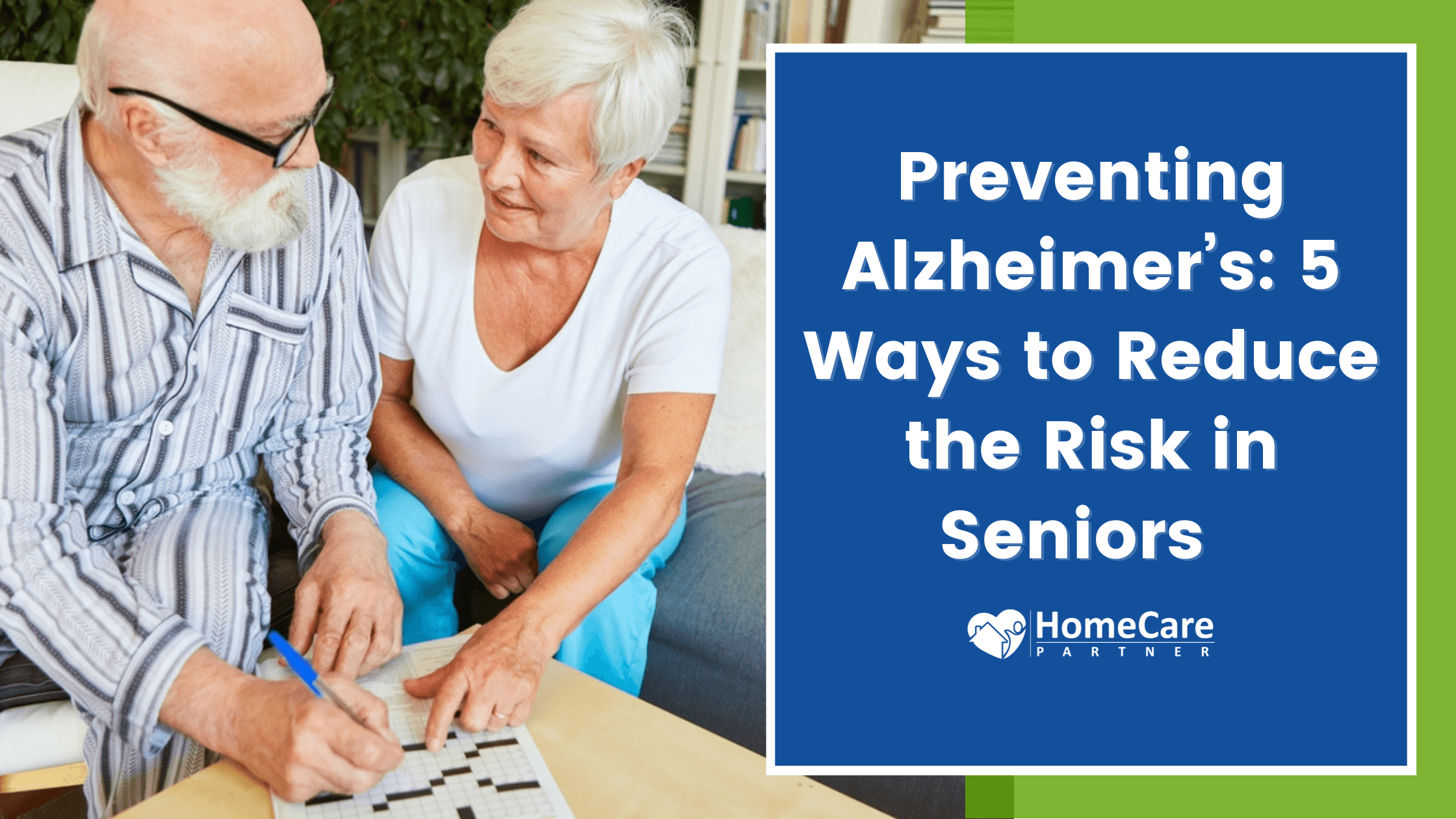


Alzheimer’s is a form of dementia that affects the brain of older adults and degrades their ability to remember and perform simple tasks. Doctors and researchers have yet to come up with exact ways that are helpful for preventing Alzheimer’s, but there is some research on certain things you can do to help reduce the risk of you developing the disease.
Doctors and researchers believe that there are multiple causes of Alzheimer’s disease. To reduce the risk of Alzheimer’s, you need to bring changes into your life that will have a long-term effect on your cognitive and mental health.
Here are the various risk factors for Alzheimer’s:
These risk factors are something we can’t change or influence, like age, family history, and hereditary. If your family member, like a sibling or a parent, has Alzheimer’s, you are more likely to develop the disease. If such diseases run in genetics (hereditary), you are more prone to develop them. Genes are involved in Alzheimer’s and have two categories: risk genes and deterministic genes. It is estimated that less than 1% of Alzheimer’s cases are caused by deterministic genes (genes responsible for the cause of disease instead of increasing the risk of developing a disease).
Certain factors associated with Alzheimer’s can be influenced if taken better care of by managing lifestyle and wellness choices. Factors like a head injury or heart-head-related conditions may affect and cause dementia or Alzheimer’s. To reduce the chances of these risk factors, you can protect your head during certain activities like participating in sports. You can make healthy lifestyle choices like controlling your blood pressure and cholesterol level, which will keep your brain and heart healthy.
There is no known way to prevent Alzheimer’s disease, but many agencies and researchers are trying to find ways to slow, delay and prevent this condition. You can follow these few steps to reduce Alzheimer’s:
Maintaining a healthy diet can help reduce the risk of Alzheimer’s in your elderly loved ones. Include whole grains, fruits, vegetables, fish and shellfish, nuts, olive oil, and other healthy fats into their diet, with special emphasis on blueberries, strawberries, and cranberries as they help improve cognitive function.
Cognitive training helps build and improve memory, reasoning, and processing speed. These structured activities include reading or playing brain-related activities. Scientists believe these activities may help the brain’s ability to operate effectively even when damaged or disrupted.
A night of good eight-hour sleep is very important for the well-being of your elderly loved ones. Good sleep helps flux toxins from their brain and may reduce the risk of dementia or Alzheimer’s.
There is enough evidence to prove that what is good for the heart is also good for the brain too. Maintaining cardiovascular health can reduce the chances of Alzheimer’s and other related dementia disorders in your elderly loved ones. Simple health and lifestyle changes like controlling blood pressure and cholesterol and maintaining a healthy diet help maintain vascular health.
Having regular physical exercise can help reduce the risk of Alzheimer’s disease by a significant margin. A minimum of 150 minutes of exercise will build muscle to pump your brain and balance your hormonal levels. For your loved ones who are over 65, adding 2-3 strength sessions to their weekly routine may reduce the risk of Alzheimer's in half.
If your elderly loved ones already have Alzheimer’s, it is time to seek professional help. Severe changes in their habits, appearances, or cleanliness can indicate a shift in their mental health. Hiring a caregiver will be beneficial for your elderly loved ones. They will help your loved ones with various tasks and assist them in their day-to-day activities. A caregiver can make a tremendous difference in the lives of those who require compassionate care.
Are you looking for in-home care services for your loved one living with Alzheimer’s? If yes, then contact us at Home Care Partner. We have the ideal caregiver for your loved ones who will provide quality care to them. You can also call us at (818) 740-3680 for more information.

Home Care Partner wants you to be confident in choosing us. We want to show that our care is unmatched!

Get 20% OFF a week's worth of care!
We want to show you that our care is unmatched.
Leave a Reply
Your email address will not be published. Required fields are marked *